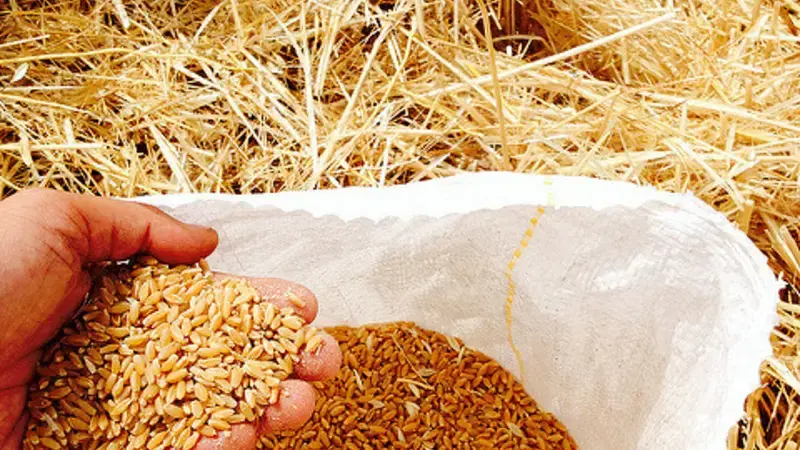Strengthening informal seed networks
Published Date
November 08, 2016

An important bottleneck for many developing countries as they try to strengthen national food security and tackle threats from epidemics and pests is the insufficient flexibility or performance of seed delivery systems – in essence strategies that ensure enough good quality seeds of improved varieties get into the hands of farmers quickly.
In remote areas this means supporting informal seed exchange between farmers, the principle means of seed distribution in many regions across the dry areas of the developing world. In addition to its support to variety testing and release, the ‘Enhancing Food Security in Arab Countries’ initiative is strengthening informal distribution strategies as an integral part of its efforts to raise wheat production in some countries.
A decentralized approach which distributes improved seed directly to farmers and encourages them to become dissemination agents – multiplying the seed and sharing it with their neighbors – has proven to be a highly effective technology transfer tool during the initiative’s first phase, and provided an opportunity to further test the potential of new varieties in farmer fields.
Effective seed distribution – national approaches during the initiative’s first phase
Participatory approaches have been key to the wider adoption of improved varieties in Jordan. Over the course of four years 20.7 tons of improved variety seed were distributed to 116 farmers, and preliminary data has shown that 39 percent distributed or sold a portion of their seeds to neighboring farmers.
In Palestine, where existing seed systems were ineffective, ICARDA teamed-up with the National Agricultural Research Center (NARC) to establish two seed producer groups in Tubas and Jenin, as a means of raising production volumes, increasing profits through joint marketing, and enhancing technical feasibility. In total, 3.5 tons of high quality seed was distributed to 29 farmers from Tubas and Jenin.
In Egypt, some of the project’s participant farmers sold their grain yield as seed to neighboring farmers, generating additional income of 900-1000 USD per ton.
In Syria, 90 percent of farmers who benefited from the distribution of improved seed used the seed on their own plots, and 60 percent distributed the seed or sold part of the seed to their neighbors.
Finally, in Sudan, 27 tons of improved seed were distributed across four growing seasons for demonstration plots, yielding more than 740 tons. Some 70 percent of the production was further distributed as seed by participating farmers to other wheat-growers. In addition, two outstanding farmers were able to start their own farmer-to-farmer distribution service.
